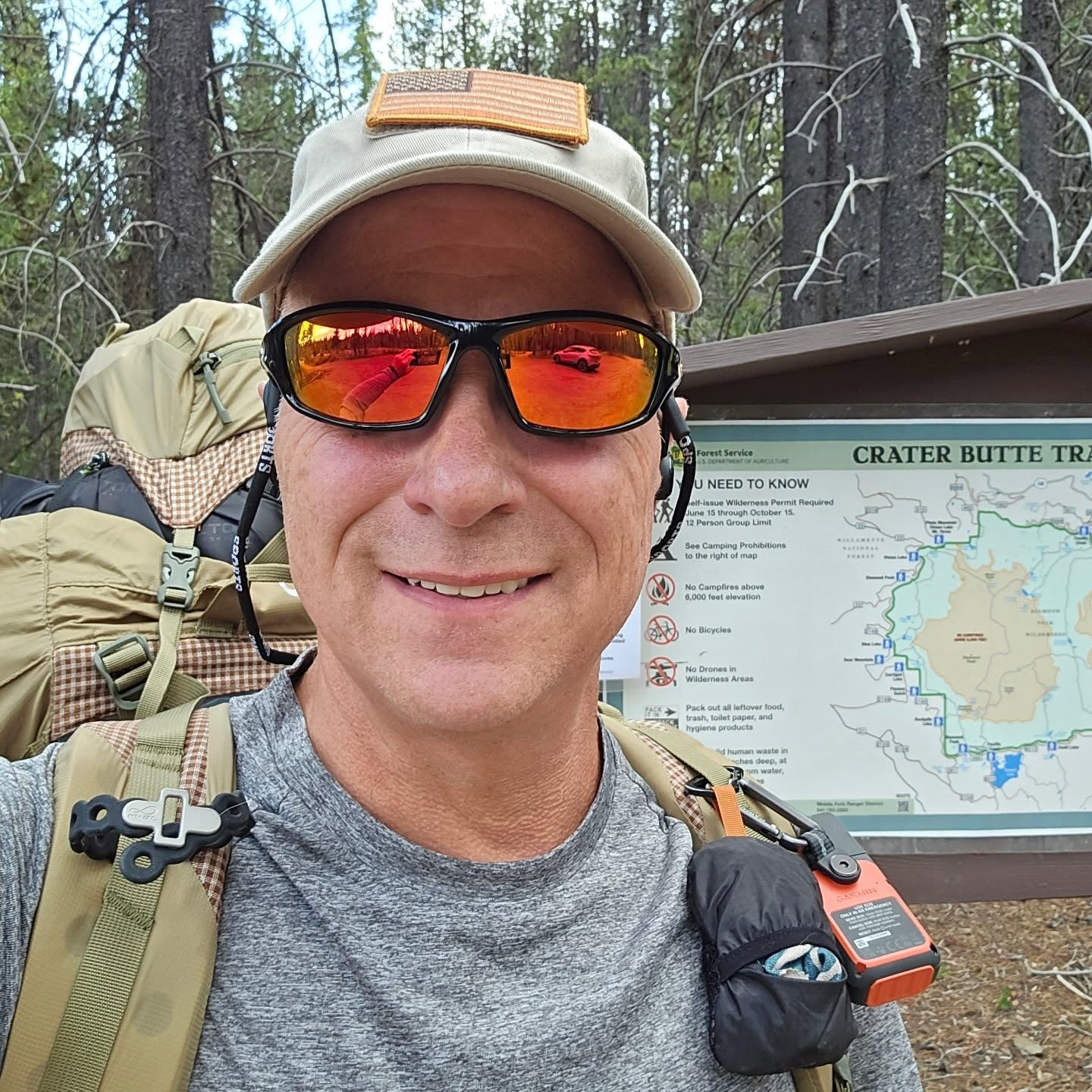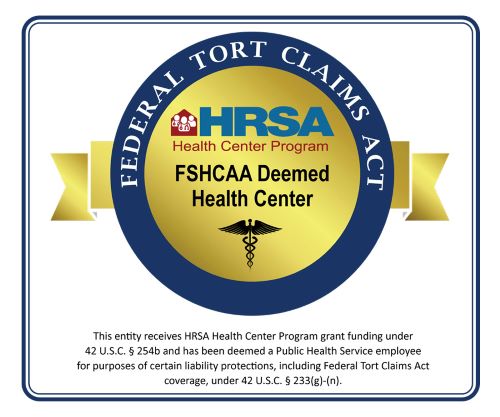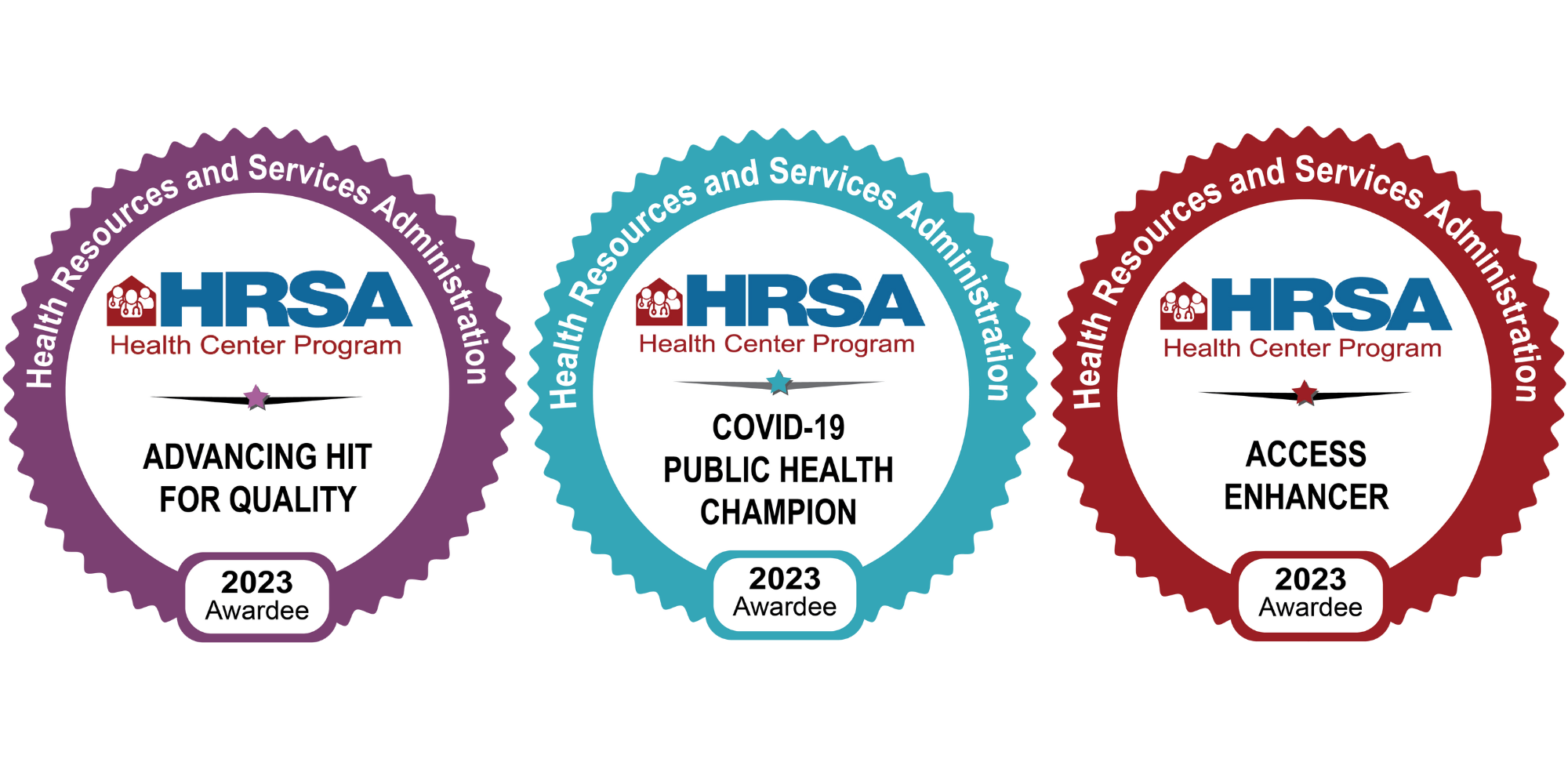If Healthcare Were a Highway: A Case for Common Sense

On my Aviva Health CEO Facebook page, I recently asked what would happen if we treated healthcare like our roads and highway system. This came to mind because I think we do a much better job of maintaining streets and roadways than we do of maintaining healthcare.
Roseburg, Oregon, is situated at the intersection of Interstate Highway 5 (I-5) and Highway 138, which leads to Crater Lake and connects to Highway 97 in Central Oregon. Roads that head to the Pacific Ocean include Highway 38, which originates in Elkton, and Highway 42, which originates in Winston, both located near Roseburg, the seat of Douglas County. Oregon experiences frequent rainfall, and Routes 138, 38, and 42 are particularly susceptible to mudslides that can block or destroy sections of these routes. I-5 can experience traffic congestion, icy spots, or flooding in unique situations. In any case, there is a rapid response to reestablish those transportation arteries.
Common sense dictates that we don’t expect individuals who live closest to the outages to help or pay for restoring traffic. That’s because they are used widely by others who do not live nearby. Also, those individuals cannot cover the cost of the repairs, and if it were up to them, a critical pipeline would take much longer to be restored, if at all.
I know that healthcare is far more complex than maintaining a system of highways and connected roads and streets. But have we allowed capitalism to dictate common sense and cost-saving healthcare? Does anyone honestly believe our Emergency Rooms are the best we can do to provide healthcare access to our communities? Note: ER visits are not free, but if it’s genuinely an emergency, they will treat you first and figure out payment later. So, what if we had a system that lowered the overall costs to consumers by covering primary care?




